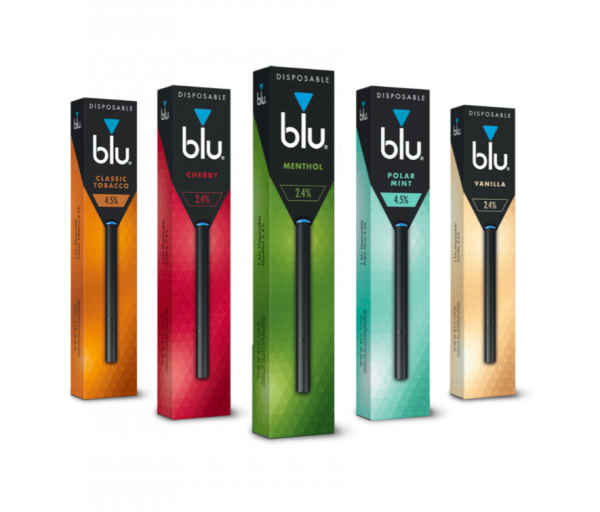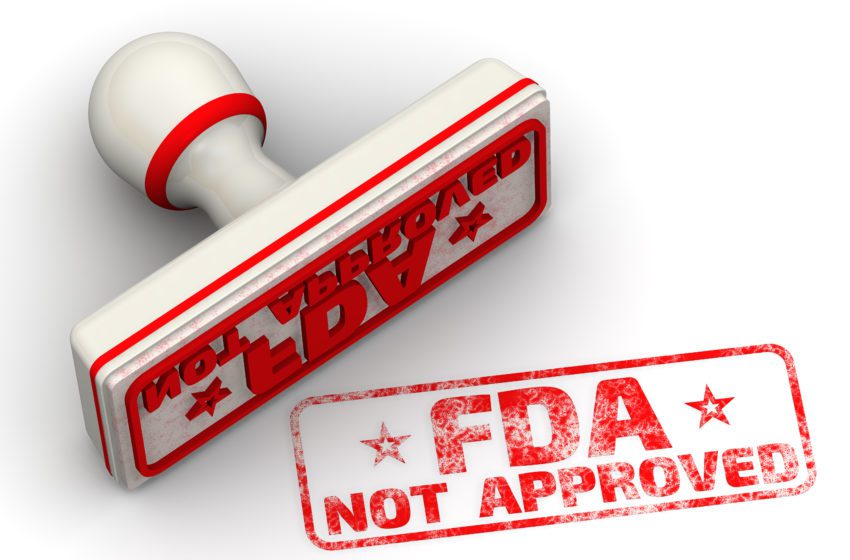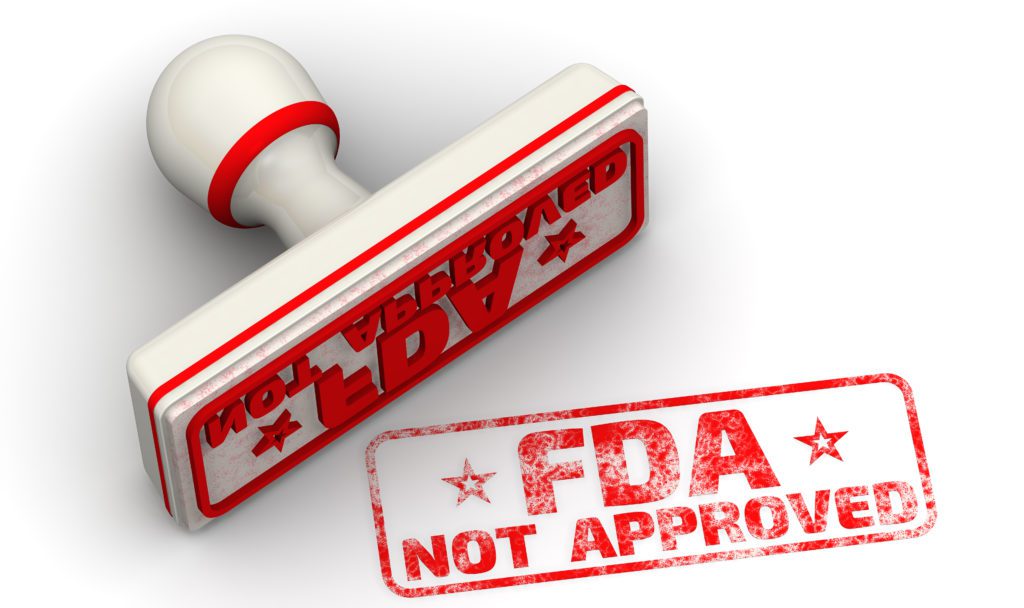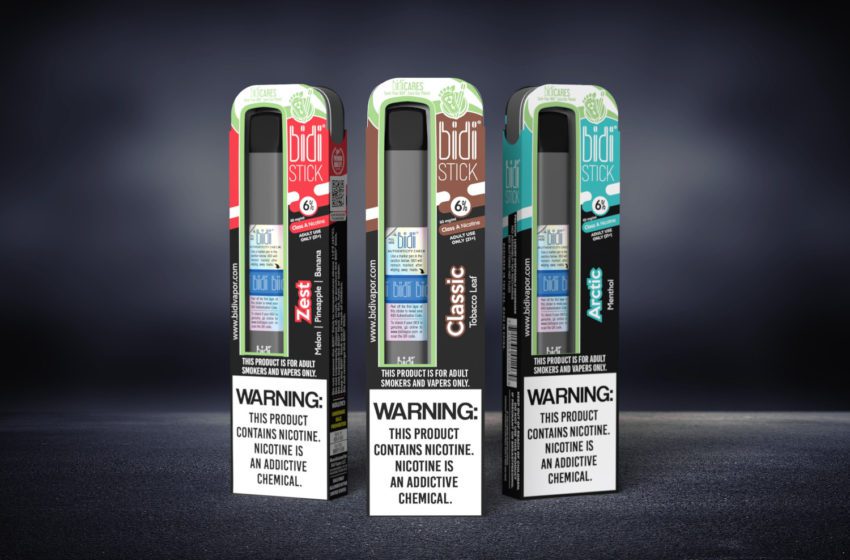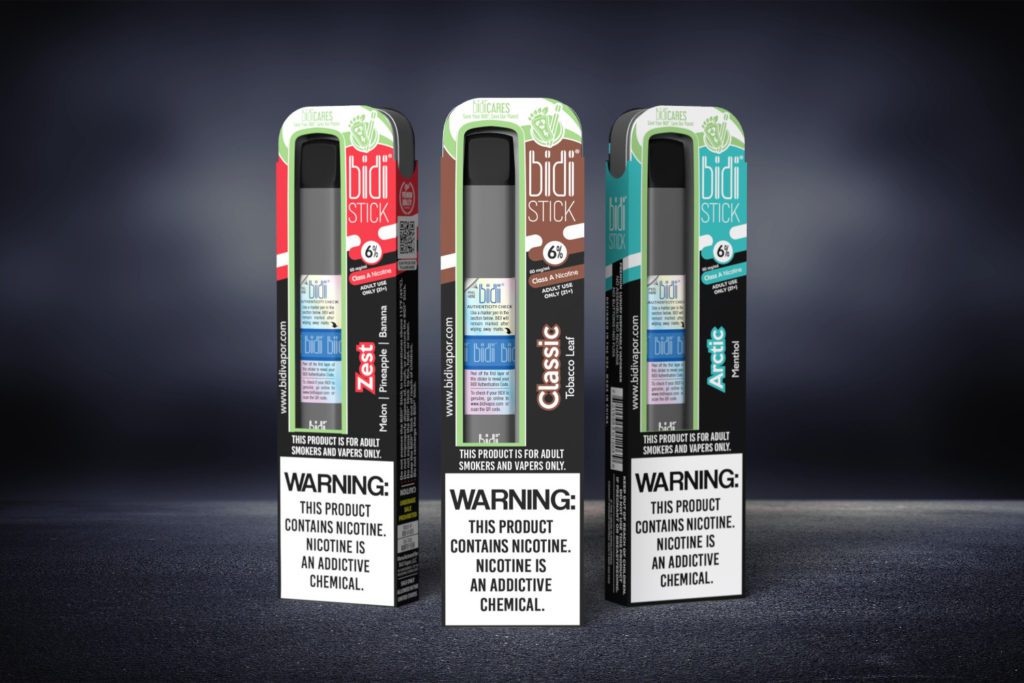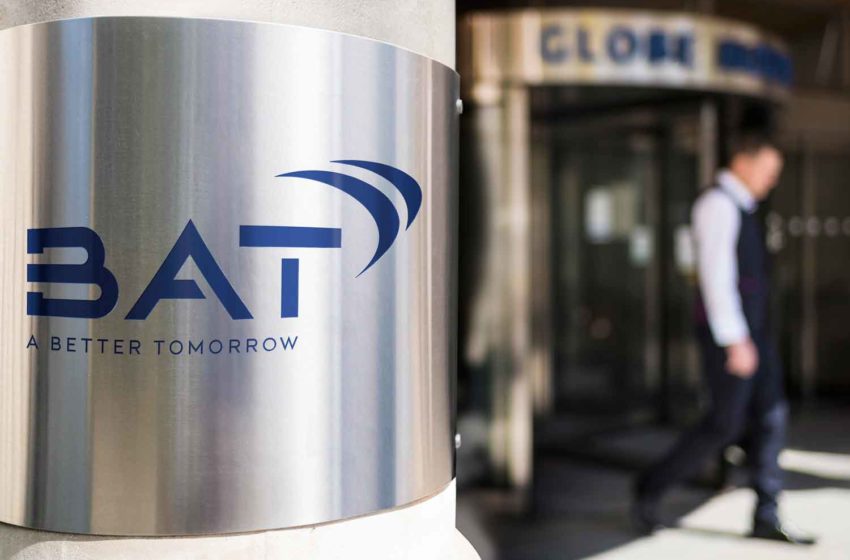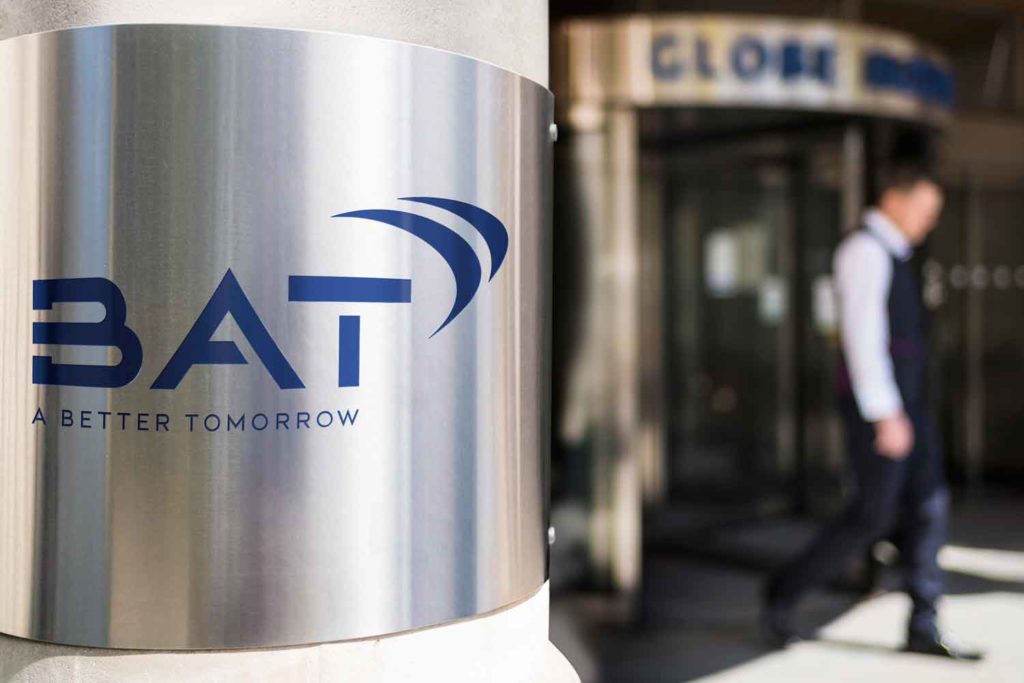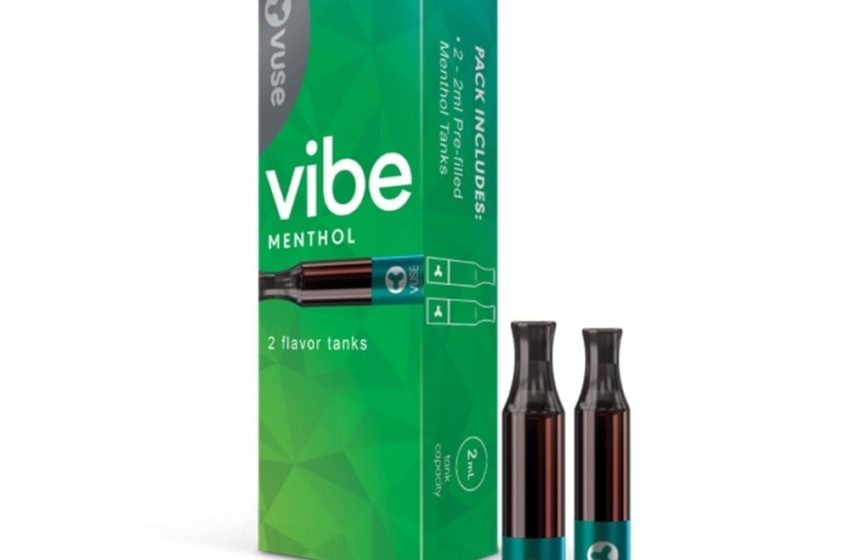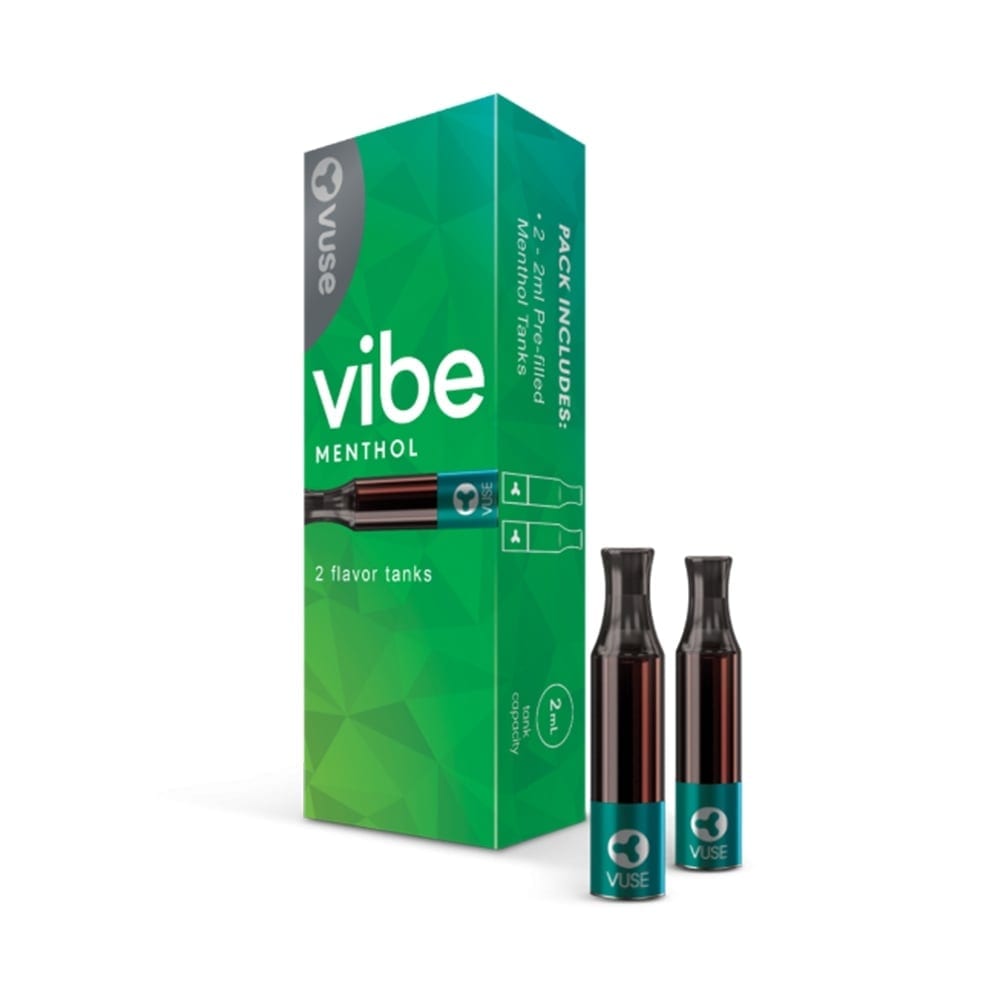
The 5th Circuit Court of Appeals granted petitions for review to five vaping companies, citing its own decision in the Triton Distribution case as precedent.
The court sent the company’s marketing denial orders (MDOs) back to the U.S. Food and Drug Administration for additional scientific evaluation. As a result, the manufacturers may keep selling their products until the agency completes new reviews of their premarket tobacco applications (PMTAs), or until the Supreme Court takes action.
“Specifically, the court determined that (1) FDA did not give e-cigarette manufacturers fair notice of the rule requiring long-term studies for PMTAs; (2) FDA did not acknowledge or adequately explain its change in position; and (3) FDA ignored reasonable and serious reliance interests that manufacturers had in the pre-MDO guidance,” the 5th Circuit wrote in its ruling.
Five companies, Cloud House, Paradigm Distribution, SWT Global Supply, Vaporized and SV Packaging first challenged their MDOs in court in October 2021. The court consolidated the five cases, and in November 2021, all petitioners were granted stays pending review.
In January, the 5th Circuit found in favor of Wages and White Lion Investments (doing business as Triton Distribution) in the e-liquid manufacturer’s appeal of an MDO. The FDA later petitioned the Supreme Court to review the 5th Circuit’s ruling, and last month the Supreme Court agreed to hear the agency’s appeal.
The FDA challenged the Triton decision, and the U.S. Supreme Court agreed to hear that case. “But now another panel of the Fifth Circuit has applied the same rationale as in Triton to hold that these five, small-business manufacturers prevail for the same reason: FDA pulled a surprise switcheroo,” wrote the United States Vaping Association on X.
The 5th Circuit found that the recent petitions posed the same issues as Triton’s. “Petitioners spent substantial time and resources preparing their PMTAs based on FDA guidance that they would not need to submit long-term clinical studies,” the court wrote.
“Nevertheless, FDA rejected their PMTAs using the same boilerplate language it used for the Wages petitioners’ denials, as well as those of thousands of other e-cigarette manufacturers. Accordingly, for the reasons amply explained by the en banc court in Wages, we hold that FDA acted unlawfully here as well by denying Petitioners’ PMTAs based on the absence of long-term clinical studies.”


